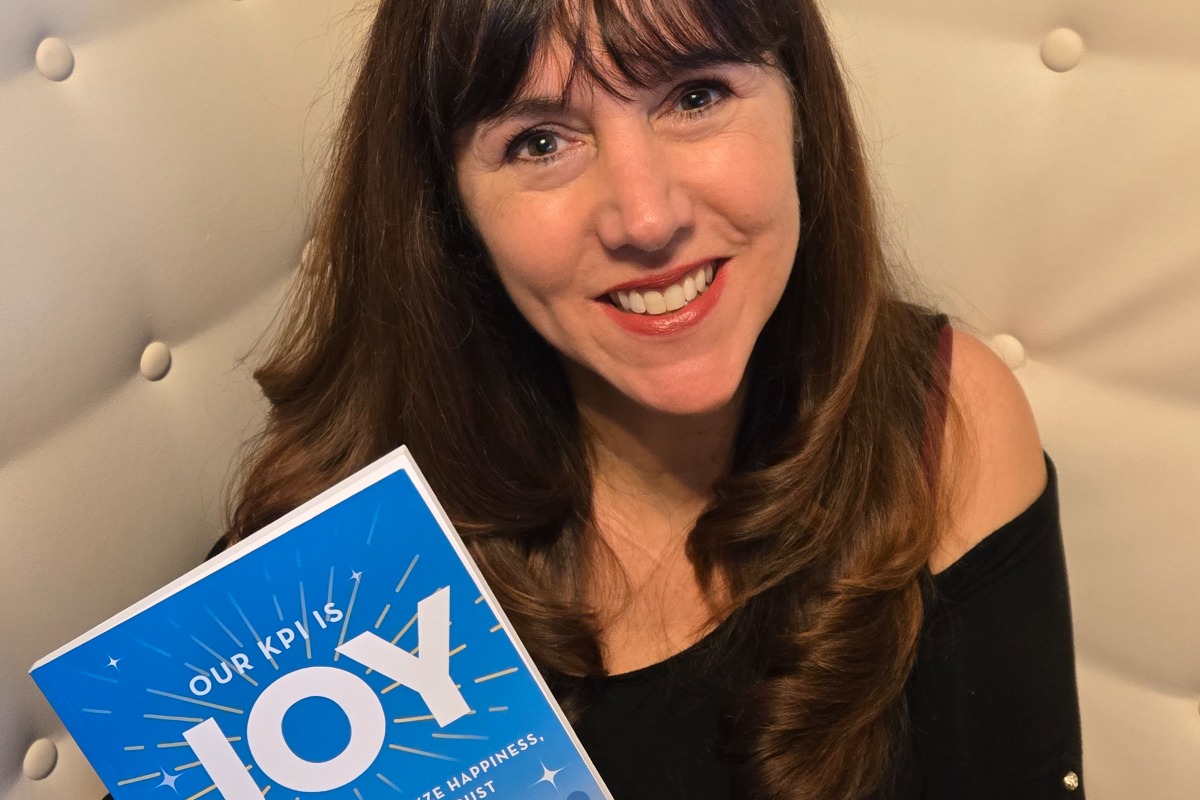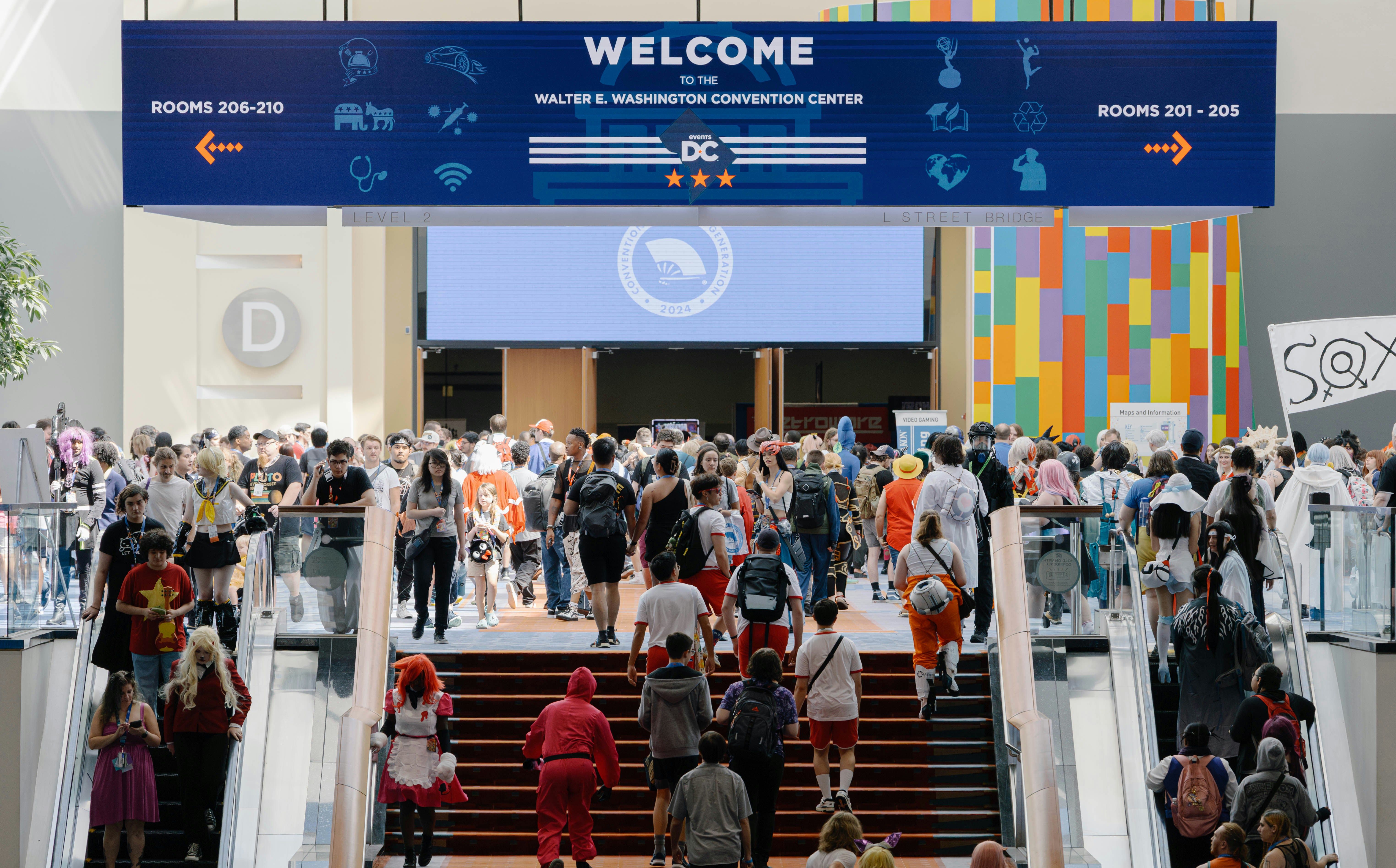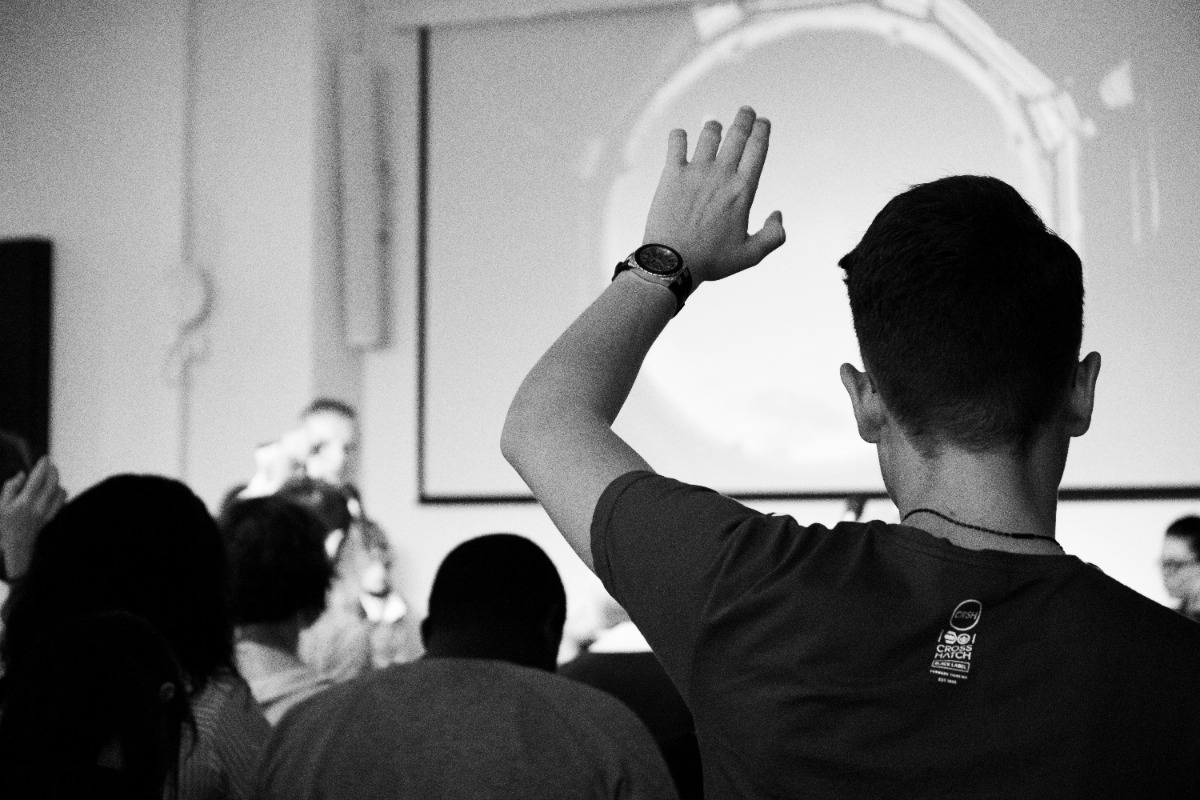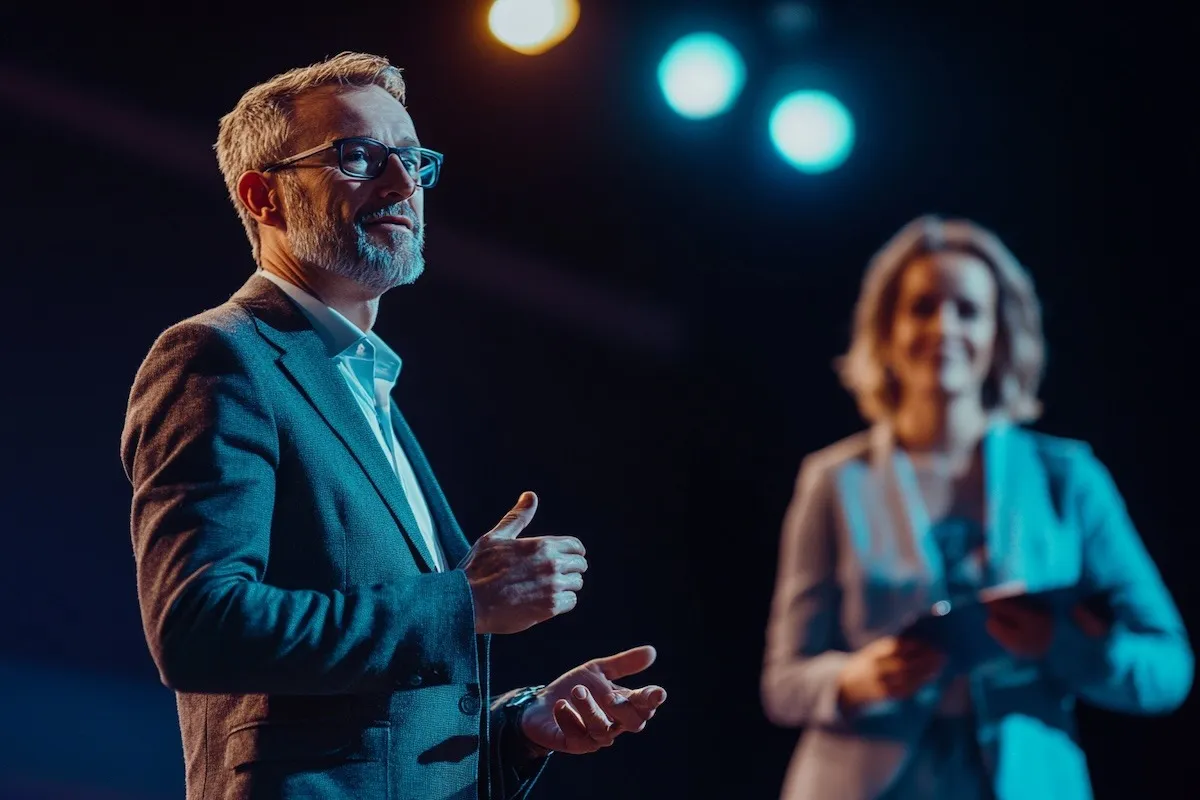Are Your Meetings Neuro-Inclusive?

Skift Take
While diversity, equity, and inclusion (DE&I) remain a focus in the business events industry, one group has been overlooked: the neurodivergent, a term used to describe people whose brains are neurologically divergent from what is considered typical. Common neurodivergence includes autism, ADHD, dyslexia, epilepsy, and Tourette Syndrome.
A sea of change is underway with Megan Henshall, CMP, DES, strategic solution lead for global events at Google, taking the helm. Otis, her four-year-old is autistic. His diagnosis has propelled Henshall to make the world a more welcoming place. “Otis is not the problem — the world is. Our world is so rigid and structured; we all deserve better.” And the events industry benefits.
Along with a small team of Google employees, Henshall is the force behind The Neu Project, powered by the Google Xi (short for Experience Institute), focusing on creating space for every mind to shine. The Neu Project is a diverse, global community working together to make the world more welcoming and productive for neurodivergent communities. And events spaces are just the start, with partnerships in other areas of hospitality, the workplace and beyond just ahead on the horizon.
Amplifying Neurodivergent Voices
Approximately 20 percent of the global population has some form of neurodivergence, according to consultancy and auditing firm Deloitte. This translates to 1.5 billion people, said Henshall. “If we are not thinking about these individuals when it comes to events and talent acquisition, we are not only doing them a disservice, but also selling ourselves short. By including all, we are creating robust, diverse, effective talent pools for the future,” Henshall adds. “To get it right, we must amplify their voices instead of speaking on their behalf.”
The world as we knew it changed during the Covid pandemic as the boundaries between our work and personal lives merged. With many of these changes permanent, Henshall believes that return on investment (ROI) is broken. “People have evolved and the ways we measure what we are delivering must evolve as well,” she said, adding that the focus is now on return on emotion and belonging, leading Google to build out a new multi-dimensional value narrative around its events and experiences.
Inclusive events ensure attendees feel heard and cared for. “All roads lead to belonging but you can’t have belonging without inclusion,” she explained. “This is a must-have for the next generation coming into the workforce.”
Belonging is beneficial on many levels; especially given the current staffing shortages the industry is experiencing. “When we hold space, there is the chance we will draw people back into our industry and hold on to them,” said Henshall. “This is especially important as times get tough because of the recession.”
Curb-Cut Effect
Fidget toys, quiet space, frequent breaks, and easy-to-understand direct and concise instructions are specific examples of the curb-cut effect, solutions designed to support a particular group that lead to benefits for all because live events can be overwhelming for anyone.
IMEX America was humming in October, especially in the Innovation Hub during the two Neu Project launch sessions Henshall led where she gave out kazoos. She asked the audience kazoo if they agreed with a statement. “If someone or someone you know is neurodivergent, kazoo, this is a love letter to you,” she declared.
“If you have ever hidden in a bathroom stall to take a break during a conference or trade show, kazoo. If an event meeting session used language, you had to Google, kazoo. If you have lied to get out of a social engagement, kazoo.”
By the end of these questions, the entire group was kazooing. “When we hold space for neurodivergent people, we all benefit. I never expected to have this conversation on a show floor,” said Henshall.
A Guide for Planners
As she looks to the future, her view expands beyond the business events industry. “Ultimately, my dream is for the community to be funded by the industry for the industry. It will be run by members of the neurodivergent community. That is how it will reach its potential. Our plan is ambitious as we’d like to have this in place by the end of 2023. We plan to move quickly next year.”
Lisa Jade Hutchings, a parent to neurodivergent children and a late-diagnosed autistic ADHDer, has covered the topic of diversity, equity and inclusion and events extensively for Skift Meetings. In her research, Henshall read some of Hutchings’ stories and realized she would be the ideal editor to help create an evolving, collaborative guide of best practices: An Event Professional’s Guide to Neuroinclusion.
“Planners can use this information to create spaces that take everyone into consideration. I believe a more compassionate world can be born when we have dialogue and conversations that really make a difference. That is the compassion our world so radically needs right now,” said Hutchings.
The 59-page guide has easy-to-implement strategies to make events more inclusive. Examples include the suggestion to use predominately non-stimulating colors when designing spaces, offer inclusive menus, plan for extra peripheral space during social and networking events. Just as Google did for this guide in using Hutchings, it is important to hire neurodivergent staff and speakers when possible. If DEI is a part of the content strategy, neurodivergent voices should be present.
Hutchings stresses that no two neurodivergent people are alike. “There’s a saying in the autistic community that once you have met one autistic person; you have met one autistic person. Meaning, everyone’s experience is different,” she said.
Next Steps
Putting into practice and showcasing the exploration and experimentation of The Neu Project, the inaugural Google Xi event will take place in early 2023. “It will be part showcase and part sandbox,” said Henshall. “We will use this opportunity to make more informed decisions about what we want to invest in terms of scalable solutions.”
The invitation-only event will be held at Pier 57, a Google-owned facility, from February 28 to March 2, 2023, in New York City and will be limited to under 200 attendees. “We will be sharing with select event leaders and event organizations who are looking to tackle some of the same issues about what we have learned. Our hope is to drive change as a community as we bring our concepts to reality.”
To get involved with The Neu Project, join its online community here.
To listen to a conversation between Skift Meetings Editor-in-Chief Miguel Neves and Henshall, click here.





